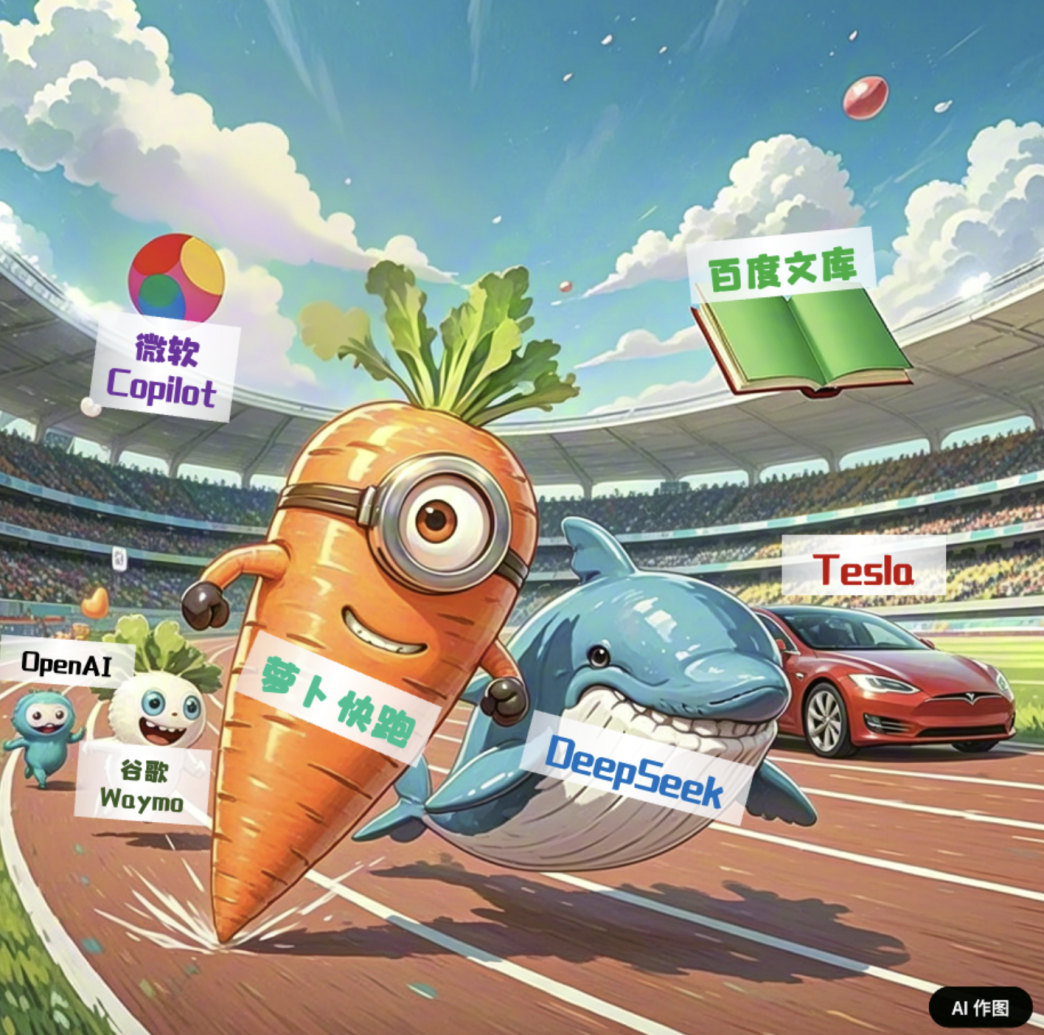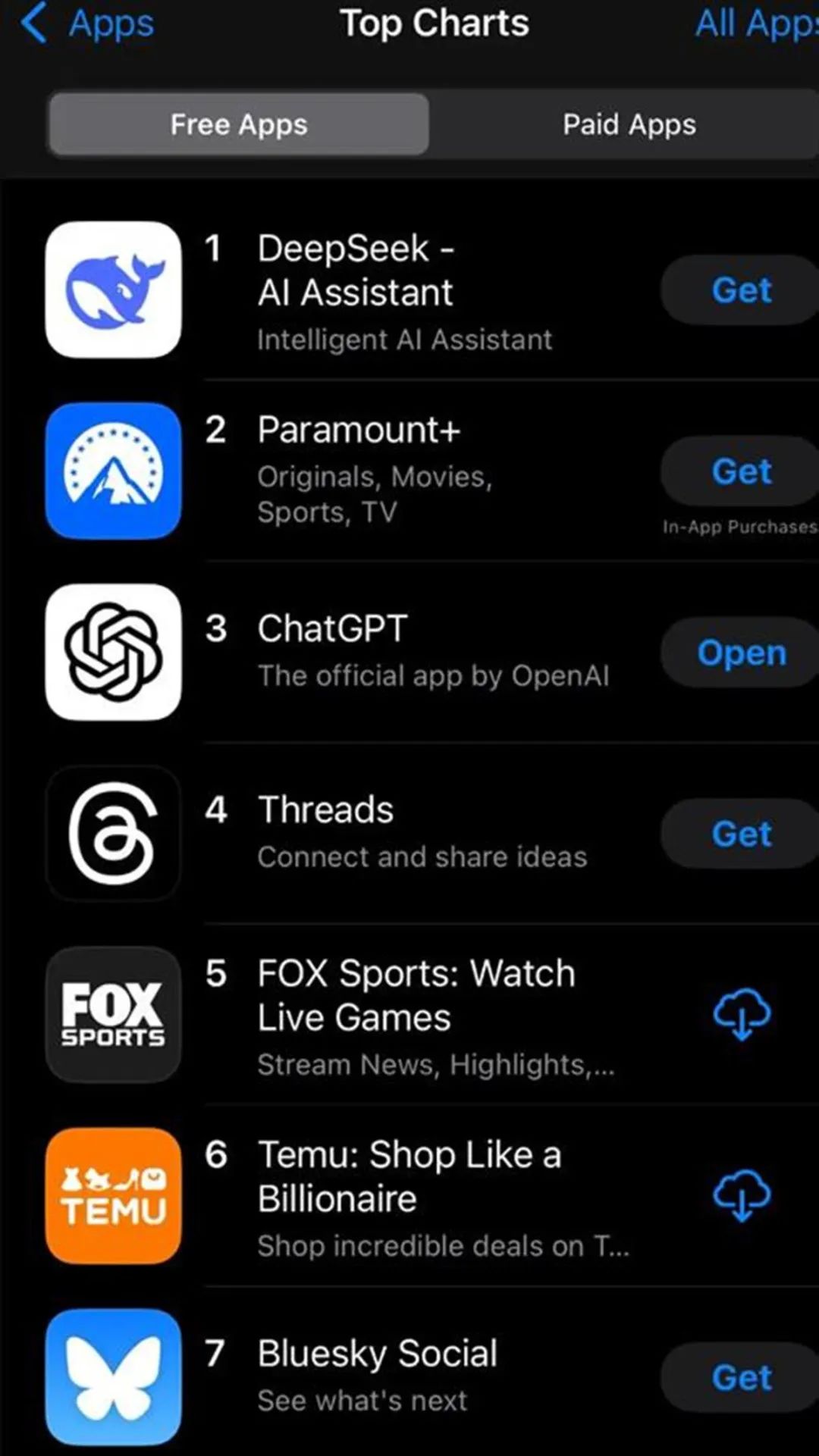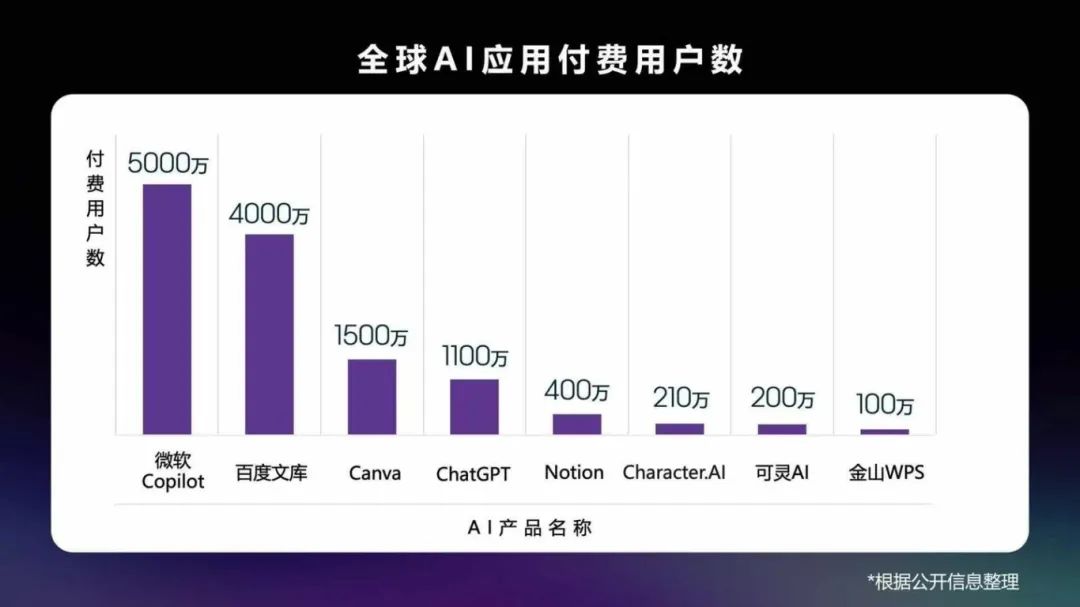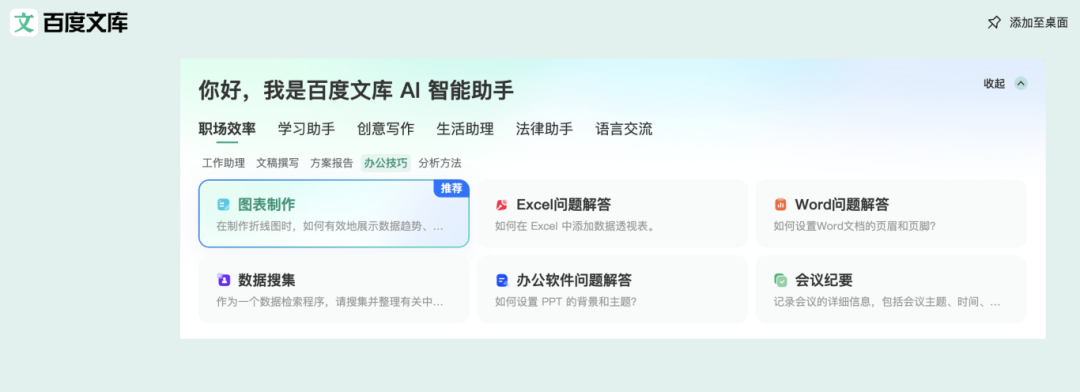Silicon Valley Confronts a "Mysterious Chinese AI Force"?
![]() 02/05 2025
02/05 2025
![]() 509
509

This article is the 885th original work by Shen Qian Atom
"Two Chinese AI Stars Shine Brightly"
Author: Yang Xiaoxian
Editor: Shen Qian Atom Studio
Recently, the most talked-about and groundbreaking topic in the tech community has undoubtedly been DeepSeek.
Remarkably, DeepSeek surpasses OpenAI in various aspects. In terms of technical performance, its text-to-image generation ability is outstanding, topping DALL-E3 in the text-prompted image generation rankings. Its mathematical reasoning ability is slightly superior, with an AIME 2024 test accuracy rate of 79.8%. Its Chinese processing is precise, achieving a 92.5% understanding accuracy rate. It boasts a fast generation speed, offering a speech rate of 60 tps with a response time of just 0.8 seconds. In terms of innovation, it has introduced the GRPO algorithm, reducing memory usage and becoming the first AI reasoning model capable of running locally on laptops. It employs a hybrid neural network architecture for precise content recognition and generation. Additionally, it is highly competitive in terms of cost, with training costs of only $5.576 million and lower usage costs.

Influenced by DeepSeek, the stock price of chip giant NVIDIA plummeted by around 17% at one point, erasing approximately $590 billion in market value, setting a record for the largest single-day market value loss for a U.S. listed company.
It can be said that DeepSeek is in the limelight. Some media outlets have even exclaimed that this is the "Sputnik Moment" in the AI competition between China and the United States.
In fact, the domestic AI sector's momentum has never waned. Especially in the past month, a series of significant events have unfolded. On January 27, 2025, the official AI Product List released its rankings, revealing that Baidu Wenku has reached 40 million paid users, ranking first in China and second globally. On December 21, 2024, Forbes released its "Top 10 Milestones in Global Autonomous Driving for 2024," with Luobo Kuaipao being selected. In January 2025, the globally renowned technology journal "MIT Technology Review" released its "Top 10 Breakthrough Technologies of 2025," with emerging industries such as autonomous driving and generative AI being selected. Luobo Kuaipao has become the only Chinese player to step onto the world stage and compete with Google Waymo and Tesla.
It can be said that the impact wave of DeepSeek is a relay and sublimation of the shock brought to the tech industry by Baidu Wenku and Luobo Kuaipao. The internal logic of all three is the unwavering self-improvement of China's AI innovation.
Luobo Kuaipao Leads the Curve with a Head Start
The success of DeepSeek stems from its efficient engineering innovation and open-source strategy, earning respect for Chinese AI on the international stage. Since the beginning of this year, Luobo Kuaipao's performance in the field of autonomous driving has also been remarkable.
On December 21, 2024, Forbes released its "Top 10 Milestones in Global Autonomous Driving," with Luobo Kuaipao being the only Chinese autonomous driving company on the list. The cost of its sixth-generation driverless vehicle is less than $28,000, a cost advantage that Forbes considers a significant advancement with potential for global promotion in the future.

Apart from Forbes' recognition, the Autonomous Driving Competitiveness Rankings released by Guidehouse show that Baidu has been ranked in the international autonomous driving "leader" camp for two consecutive years, being the only Chinese company on the list. Baidu has been deploying autonomous driving since 2013 and launched the Apollo open platform in 2017. Its L4 autonomous driving has surpassed 100 million kilometers in safety testing mileage, and its number of high-level autonomous driving patent families ranks first globally.
In May 2024, Baidu Apollo released Apollo ADFM, the world's first large model supporting L4 autonomous driving, and the sixth-generation driverless vehicle. Apollo ADFM is over 10 times safer than human drivers and can cover complex urban scenarios throughout the city. Luobo Kuaipao's sixth-generation driverless vehicle employs the "large model + hardware + safety architecture" solution, equipped with 10 layers of safety redundancy and six layers of MRC safety strategies, and has been implemented in many regions in China.
As a long-established giant in the field of autonomous driving, Waymo has a relatively mature technology roadmap. However, China's road conditions and traffic complexity are higher than those in the United States. The application of Apollo ADFM significantly enhances Luobo Kuaipao's adaptability in complex road conditions, achieving a record of 130 million kilometers without major accidents.
Simultaneously, Luobo Kuaipao balances safety and generalization. Luobo Kuaipao has been operating in multiple cities across the country. As of May 2024, it has completed over 6 million trips. In Wuhan, Luobo Kuaipao's service area exceeds 3,000 square kilometers, covering a population of 7.7 million.
Luobo Kuaipao has made rapid progress in commercial operations, achieving large-scale operations in multiple cities in China, which means that Luobo Kuaipao's costs are rapidly decreasing. The cost of Luobo Kuaipao's sixth-generation driverless vehicle is less than $28,000, a 60% decrease compared to the previous model and only one-seventh the cost of Google Waymo's vehicle. In October 2024, Tesla, which has always considered cost as an advantage, launched the Cyber Cab, an autonomous taxi, with a cost of approximately $30,000, and mass production will be delayed until 2026.
Like DeepSeek, the cost advantage allows Luobo Kuaipao to more easily achieve large-scale operations. At the same time, the cost advantage makes it easier for Luobo Kuaipao to gain momentum, enabling it to achieve large-scale operations in China ahead of Google Waymo and Tesla. The implementation of Luobo Kuaipao has allowed many foreign tourists to witness autonomous driving scenarios that are not seen abroad, astonishing almost every experiencer.

Although Luobo Kuaipao has not yet been popularized abroad, it is accelerating its global promotion and attracting widespread attention due to its technological advantages and cost control. In 2025, Luobo Kuaipao, which has taken the lead in achieving cost control and large-scale implementation, is expected to trigger a wave of autonomous driving globally.
MIT stated that compared to three years ago, the autonomous driving industry has undergone tremendous changes, with more and more people experiencing autonomous vehicles and recognition of this new technology growing daily. At the same time, MIT evaluated driverless vehicle technologies such as Luobo Kuaipao as one of the "Top 10 Technology Trends of 2025"; Forbes believes that Luobo Kuaipao's ability to land at a cost of less than $28,000 is an industry breakthrough in autonomous driving and is expected to be replicated worldwide.
In the field of autonomous driving, Luobo Kuaipao has taken the lead and achieved curve overtaking.
The Chinese Myth of AI Paid Applications
On January 27, the official AI Product List released the "Global AI Product 2024 Paid User Scale" rankings. The list selects 10 representative products from the top 25 of the global total rankings of the AI Product List·Website List in December 2024 to analyze the revenue/paid user scale of these products. The data shows that Baidu Wenku has reached 40 million paid users, ranking first in China and second globally, second only to Microsoft Copilot. This indicates that Baidu Wenku has become the only commercialized Chinese AI application.

The astonishing aspect of this data is that we used to believe that Chinese users have a low willingness to pay for internet services, but Baidu Wenku provides diametrically opposed data and results. It's not that the willingness to pay is low, but rather whether the product is useful and easy to use that determines whether users are willing to pay.
Last Spring Festival, when Sora sparked the trend of text-to-video generation, besides internet commentators, most people did not have a clear understanding of how AI could be used or how it could integrate into our study and life. This Spring Festival, the application of large AI models is no longer limited to traditional fields such as consulting and transportation, but has even appeared in the field of square dancing. An auntie generated a video of dancing square dancing in front of the Arc de Triomphe in France on New Year's Eve using Baidu AI's "Teleport to the World and Say Hello" activity, bringing AI closer to daily life. This trend, like a spark, is expected to spread to every corner of life in the new year, ushering in explosive growth.
In fact, supported by the Wenxin large model, Baidu is ready to embrace the AI era. With a paid user base of 40 million, Baidu Wenku truly tells everyone that AI is already a part of many people's study and life.
Under the reconstruction of the large model, Baidu Wenku has transformed from an office tool to an AI leading product for ideological collision and inspiration, becoming a "one-stop AI content acquisition and creation platform." Especially the recently launched Free Canvas in collaboration with Baidu Netdisk, it connects public online materials with private materials from personal authorized netdisks, enabling mixed understanding, generation, and creation of multi-format and full-modal files. Especially the "Inspiration Ignition" function allows AI to be more than just a "little assistant" in organizing materials during creation, but more of a user's "external brain," helping users achieve "ideological collision, inspiration ignition, and thought generation."

On November 13, 2024, the AI creation product "Free Canvas" jointly launched by Baidu Wenku and Baidu Netdisk began its public beta. Leveraging the Wenxin large model, Free Canvas can automatically generate and optimize content, such as intelligent sketchbook generation, intelligent novel continuation, research report writing, etc.; at the same time, Free Canvas supports various formats such as documents, PPTs, PDFs, images, audio and video, URL links, etc., allowing users to deeply customize materials according to their own needs.
Baidu founder Robin Li said at the conference, "Free Canvas" is a versatile whiteboard powered by the Wenxin multimodal large model, capable of inspiring people's infinite inspiration and creativity. It significantly improves creation efficiency and reduces cumbersome operations brought by traditional tools, demonstrating the advantages of large models. On the first day after the public beta, it attracted over 200,000 people to queue for reservations.
The AI MAU rapidly surpassed 90 million in a short period. Why can Baidu Wenku make so many users pay for it? Because Baidu Wenku truly triggers from user demand scenarios, providing users with "use value," guiding user behavior from "being interested" to "really needing" and then to "paying for use value." It uses AI to solve practical problems for users in various scenarios and content production links, being practical and easy to use, and builds an ecosystem for AI native applications, thus gaining the support of users.
Conclusion
The significant uproar caused by DeepSeek this time is also the result of favorable timing, geographical advantages, and harmonious human relations. The most important factor is that on January 20, 2025, Trump returned to the White House. Trump's attitude towards the technology sector is clearer than that of his predecessors, making it easier for him to have a more significant stress response to China's AI catch-up.
We place Luobo Kuaipao, Baidu Wenku, and DeepSeek side by side, calling them China's "AI Trident." The purpose is to demonstrate, from AI large models to commercialized AI applications, and then to the fastest-implemented product of AI embodied intelligence, autonomous driving, that DeepSeek, Baidu Wenku, and Luobo Kuaipao have all proven that China's AI capabilities are on par with those of the United States. Chinese people have advantages in engineering innovation and large-scale application, and Chinese technology has ushered in a "national fortune-level" breakthrough moment.
Whether it's Baidu or DeepSeek, they are undoubtedly favorites of the AI era and pragmatic doers who have accumulated strength over time. Behind all the surprises is the courage and determination to dare to be the first in the world.
While we are focusing on DeepSeek, we should not ignore the contributions made by Baidu Wenku and Luobo Kuaipao to this AI competition. Instead, we should be grateful that whether it's Baidu Wenku, Luobo Kuaipao, or DeepSeek, they are all products and crystallizations of innovative spirit in our era.








